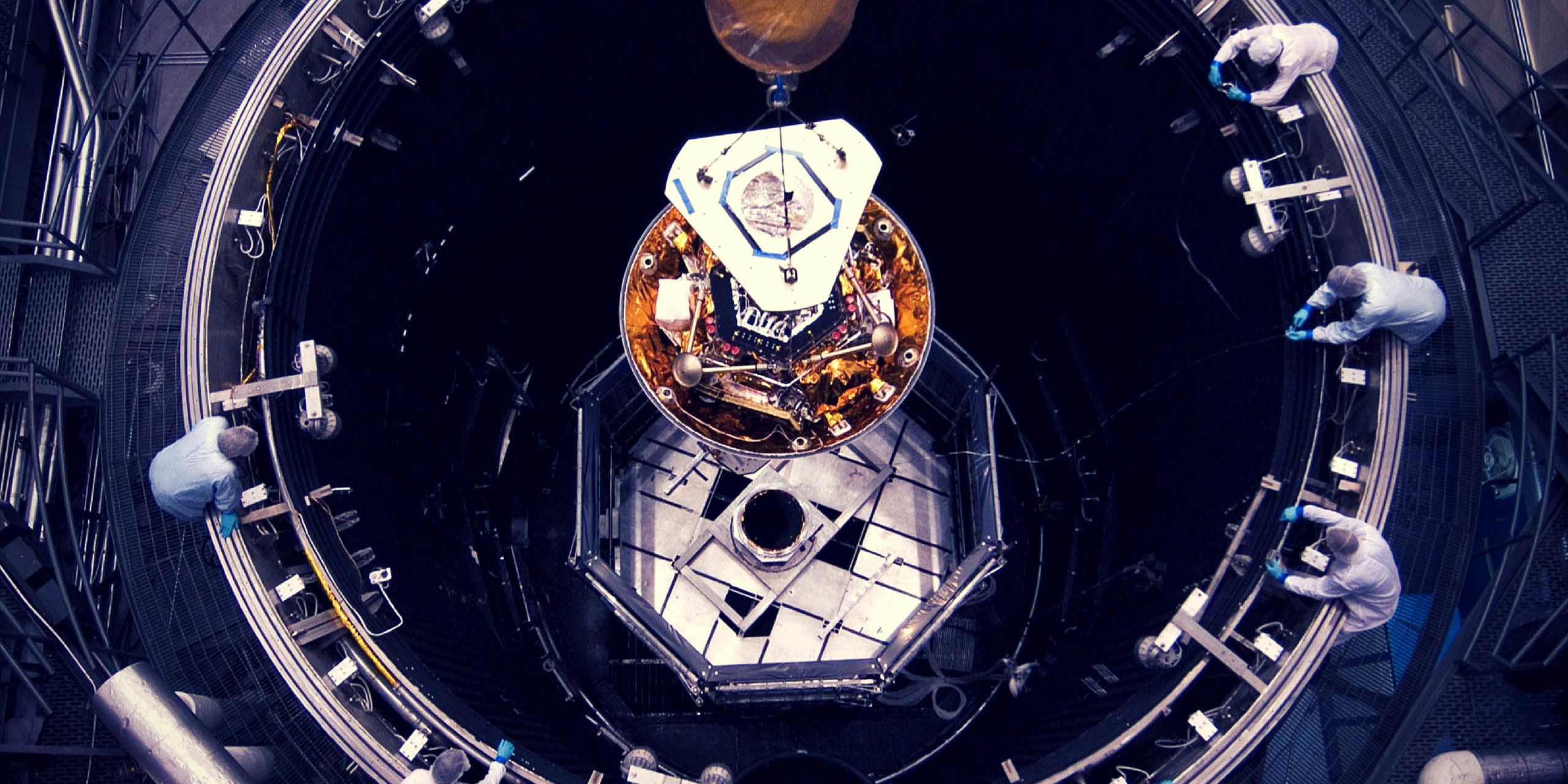Construction materials patent application collapses – 26 February 2016
A patent is in a sense a contract with the general public. A recent Australian Patent Office decision demonstrates what happens if the person applying for the patent does not comply with the contract.
A patent is a temporary monopoly granted on a new technology in return for the inventor telling the world how to make and use the technology. In Australia, there are two distinct legal requirements:
- the monopoly (what’s covered by the patent) must not be broader than supported by inventor’s technical contribution to the art (the support requirement); and
- the inventor must provide an enabling disclosure of all that is covered (the disclosure requirement).
In theory, this ensures that inventors:
- do not claim more than they deserve; and
- provide suitable information so that, at the end of the monopoly, the rest of the world can make and use the technology without undue burden.
The monopoly is temporary in that Australian standard patents last for a maximum of 20 years and Australian innovation patents last for a maximum 8 years.
In CSR Building Products Limited v United States Gypsum Company [2015] APO 72, the Patent Office held a patent application to fire resistant gypsum panels invalid on the basis that it failed both the support and sufficiency requirements.
The patent application claimed a broad monopoly and described numerous panels, not all of which were fire resistant. From this disclosure, it was not possible to discern a general principle justifying the broad monopoly. Expensive testing necessary to determine whether a panel was sufficiently fire resistant was considered an undue burden.
The decision illustrates that the wording of a patent application is important. It is not sufficient to simply disclose a number of advantageous versions of the invention. Effective patent protection requires carefully describing and claiming a general inventive concept and describing the invention in sufficient detail so that (once the monopoly has ceased) the public can make and use the invention without undue burden.
Our engineering patent attorneys are ideally placed to assist.


